When was the First Party Congress of the Vietnam People’s Army held? What is the mission of the History subject?
When was the First Party Congress of the Vietnam People’s Army held?
As of now (2024), 11 Party Congresses of the Vietnam People’s Army have been held, including:
- The First Party Congress of the Vietnam People’s Army was held from July 17-21, 1960.
- The Second Party Congress of the Vietnam People’s Army: was held from January 16-22, 1976.
- The Third Party Congress of the Vietnam People’s Army was held from January 15-19, 1982.
- The Fourth Party Congress of the Vietnam People’s Army was held from October 13-18, 1986.
- The Fifth Party Congress of the Vietnam People’s Army was held from April 23-27, 1991.
- The Sixth Party Congress of the Vietnam People’s Army was held from May 6-9, 1996.
- The Seventh Party Congress of the Vietnam People’s Army was held from January 3-5, 2001.
- The Eighth Party Congress of the Vietnam People’s Army was held from January 26-29, 2005.
- The Ninth Party Congress of the Vietnam People’s Army was held from September 19-22, 2010.
- The Tenth Party Congress of the Vietnam People’s Army was held from September 21-24, 2015.
- The Eleventh Party Congress of the Vietnam People’s Army was held from September 27-30, 2020.
Thus, the First Party Congress of the Vietnam People’s Army was held from July 17-21, 1960.
What is the mission of the History subject in Vietnam?
Pursuant to Section 1 of the General Education Program on History issued together with Circular 32/2018/TT-BGDDT, the characteristics of the subject are stipulated as follows:
CHARACTERISTICS OF THE SUBJECT
History is a subject in the social sciences group, chosen according to career orientation at the high school level.
The mission of the History subject is to help students form and develop historical competence, a component of scientific competence, while contributing to the formation and development of essential qualities and general abilities identified in the overall program. The History subject plays a leading role in educating patriotism, national pride, historical and cultural traditions, helping students understand and apply historical lessons to solve real-life issues, develop a vision, consolidate human values, community spirit, tolerance, and kindness; contribute to the formation and development of the characteristics of Vietnamese citizens and global citizens in the development trend of the era.
The History subject forms and develops historical thinking, systematic thinking, critical thinking, skills in exploiting and using historical sources, and in understanding and presenting history in diachronic and synchronic logic, connecting the past with the present.
...
Thus, the mission of the History subject is to help students form and develop historical competence, a component of scientific competence, while contributing to the formation and development of essential qualities and general abilities identified in the overall program.
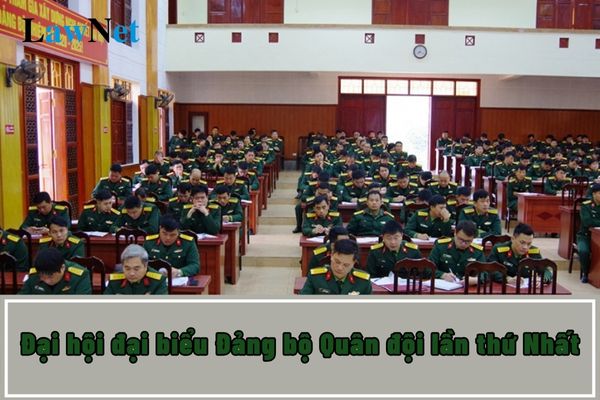
When was the First Party Congress of the Vietnam People’s Army held? What is the mission of the History subject? (Image from the Internet)
What are the 5 perspectives in developing History curricula in Vietnam?
Under Section 2 of the General Education Program on History issued together with Circular 32/2018/TT-BGDDT, the characteristics of the subject are stipulated as follows:
The History curriculum fully comprehends the perspectives, objectives, and overall orientation for building and developing the general education program stated in the overall program, especially the perspective of developing students' qualities and abilities, while emphasizing several particular perspectives as follows:
- Scientific and Modern
The History curriculum helps students approach history based on the application of modern achievements in historical science and educational science. To be specific:
+ The History curriculum comprehends the guidelines and perspectives of the Communist Party and the State of Vietnam;
+ The History curriculum values the foundational principles of historical science, ensuring respect for historical truth, and the diverse and rich nature of history; objective and comprehensive in presenting and interpreting history;
+ The History curriculum aims to guide and encourage students to independently learn and explore history according to historical scientific principles, thereby helping students develop historical and critical thinking;
+ The History curriculum contributes to building the ability to analyze and evaluate historical figures, events, and processes scientifically, helping students recognize historical laws and lessons and apply them to reality.
- Systematic and Fundamental
The main development axis of the History curriculum is the system of topics and study sections on fundamental issues of world history, Southeast Asian history, and Vietnamese history, aiming to enhance and expand the historical knowledge that students have learned in intermediate school. To be specific:
+ The history topics and study sections of the program are systematic and fundamental, originating from the need to develop competencies and historical education for each grade level;
+ The knowledge components of the program ensure logical consistency (in diachronic and synchronic relationships, the interaction between Vietnamese history with regional and world history...);
+ The History curriculum ensures that students approach basic historical knowledge in areas such as politics, economics, society, culture, and ideology; develop lifelong self-study historical competency and the ability to apply knowledge about history, culture, and society of the world, the region, and Vietnam to life.
- Practical and Applied
The History curriculum values the content of historical practice, connecting history with practical life. To be specific:
+ The History curriculum regards practice as an important content and an effective, practical tool for developing student capabilities;
+ The History curriculum increases the amount of practice time; diversifies types of practice through educational formats such as group activities, self-study; learning in class, museums, and field trips; learning through projects, heritage; ...;
+ The History curriculum ensures it is suitable for the practical conditions and socio-economic conditions of the country and localities. Through the system of study topics and special topics, and educational organizational formats, the program creates flexibility to adjust to localities and student groups, while ensuring the general level of national general education and compatibility with regional and global levels.
- National and Humanitarian
The History curriculum helps students correctly perceive the traditional values of the nation, forming and developing the noble qualities of Vietnamese people and the universal values of global citizens. To be specific:
+ The History curriculum helps students correctly perceive patriotism and the true, progressive national spirit of the Vietnamese nation, the nation's position in the region and the world in historical periods, aiming to build genuine national pride, recognizing strengths and also limitations in the historical remains of the nation;
+ The History curriculum helps students form and develop human values, and community spirit, combat prejudice, and social, cultural, ethnic, and religious discrimination; and aim towards values of tolerance, humanity, respect for differences, and equality among nations, communities, genders, and social groups; aim towards peace, reconciliation, harmony, and cooperation;
+ The History curriculum helps students have a correct, positive attitude towards issues of resource, nature, and environmental protection, aiming for sustainable development and fighting for a peaceful world, transparent, equitable, civilized society.
- Open and Integrated
The History curriculum is open and integrative. To be specific:
+ The structure of historical knowledge and skills creates opportunities for students to connect and integrate with knowledge and skills from other subjects such as Geography, Literature, Civic Education, National Defense Education, etc.;
+ The History curriculum grants autonomy to localities and schools to develop educational plans suitable to local conditions, allowing creative freedom for teachers to implement the policy of "one program, many textbooks"; emphasizes collaboration between schools with families and society in historical education;
+ The History curriculum ensures the principle of high integration in lower grades, gradually differentiating in higher grades; tight connection between educational levels, among classes in each educational level and integration with vocational education programs and higher education programs.

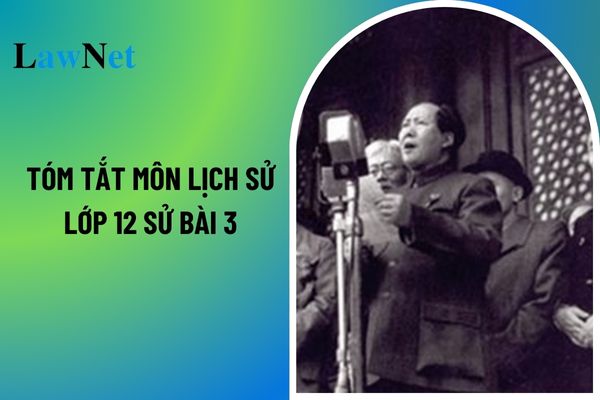
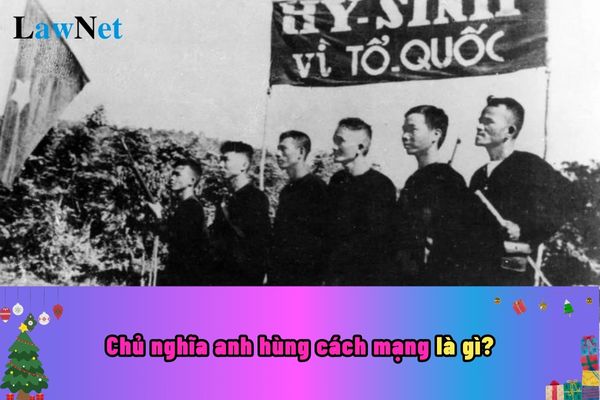
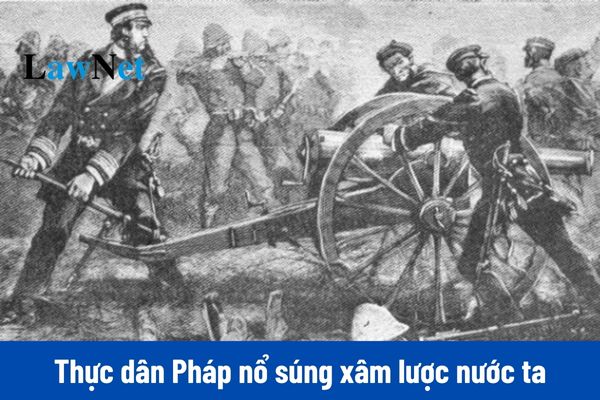
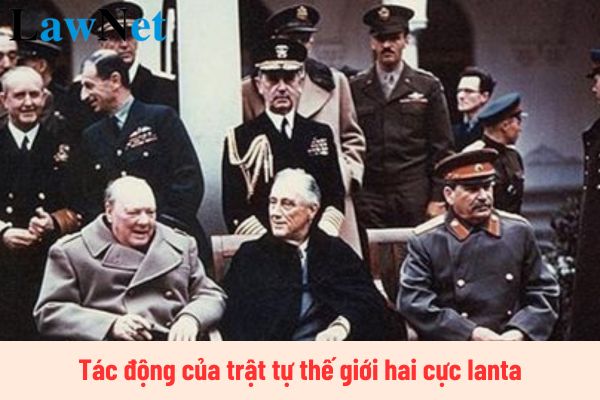
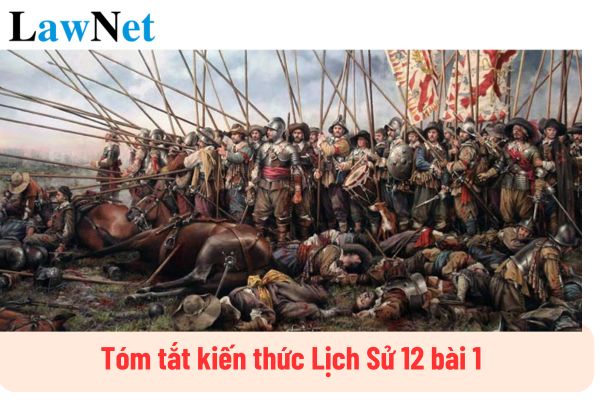

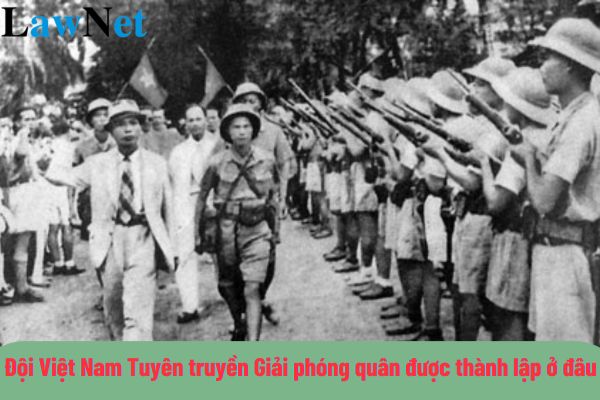
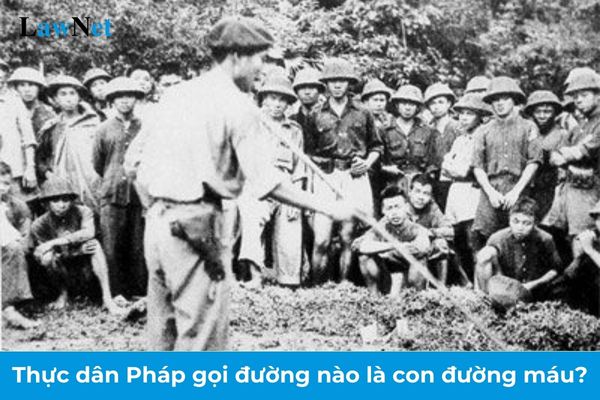
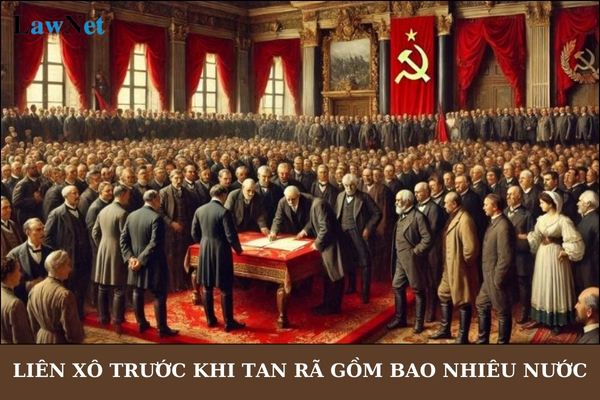
- What is the law on light reflection? What are details of the law on light reflection?
- What is the schedule of the AFF Cup 2024 (ASEAN Cup)? What are activities for physical education and sports in vocational education institutions in Vietnam?
- What is the schedule for the AFF Cup 2024 matches of the Vietnam National Team? Are students who are athletes in Vietnam eligible for a special exemption from high school graduation requirements?
- Vietnam: What are the guidelines for analysis of the poem "Tiến sĩ giấy"? What is the regulatory age of students entering lower secondary education?
- What is the location of Vietnam International Defense Exhibition 2024? Are students of all educational levels granted leave to visit the Vietnam International Defense Exhibition?
- What is the formula for calculating population density in Vietnam? What is the population density?
- Vietnam: What is the sample parent-teacher conference scenario at the end of the first semester of primary education? What are the regulations on the organization of parent committees?
- Vietnam: What is the sample outline for an essay on the analysis of the excerpt "The Last Leaf"? What are the assessment levels for learning results in the school year of 8th-grade students?
- What is the unit of power? When do students in Vietnam study the unit of power?
- What is the guidance for children to tell the story "Chuyện bốn mùa"? What is the age of students entering 2nd grade in Vietnam?

